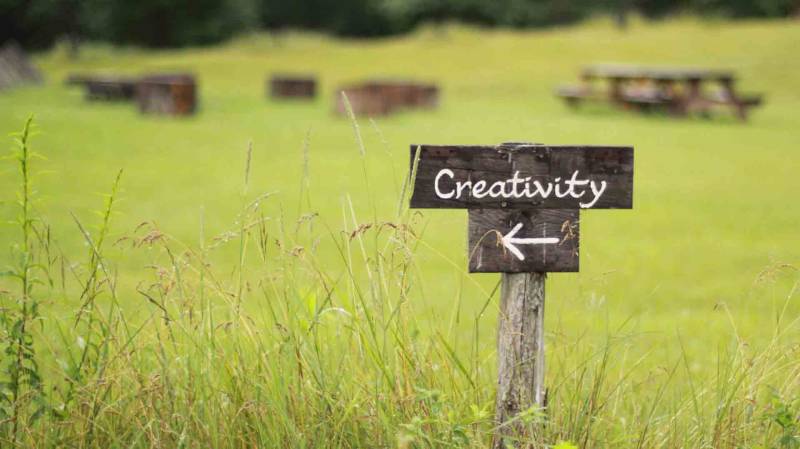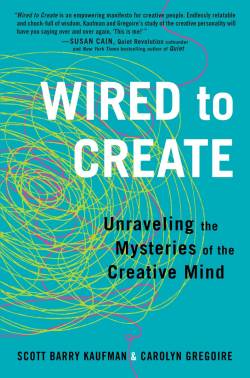Excerpted from Wired to Create: Unraveling the Mysteries of the Creative Mind by Scott Barry Kaufman and Carolyn Gregoire. © 2015 by Scott Barry Kaufman and Carolyn Gregoire. TarcherPerigee, Penguin Group USA, Penguin Random House LLC.
The Perks of Being an Outsider
Children learn from an early age that a failure to conform can lead to disapproval from teachers and peers, which may motivate them to try to be like everyone else. As an old Japanese proverb says, “The nail that sticks up will be hammered down.” In schools, the workplace, and society in general, failure to conform can lead to social rejection. But rejection, as painful as it can be, has a silver lining when it comes to creativity.
British writer Colin Wilson described the creative soul who risks rejection in order to be true to himself or herself in The Outsider, his 1956 manifesto on nonconformity. The book drew a deep connection between creativity and alienation. Wilson, who at the time was part of a group of antiestablishment writers labeled “angry young men,” theorized that great minds stood apart from the rest of society. Though they lived within cultures of conformity, “men of vision”— like Kafka, Nietzsche, and van Gogh—played by their own rules. While most men went along with the crowd, accepting life’s miseries “like a cow standing in the rain,” Wilson said that eminent creators used their imagination “not to escape reality but to create it.”
Wilson (who himself was something of an eccentric) was the first to present the hypothesis that social rejection may be not only the result of creativity but indeed the force that fuels it. As Wilson asserted, inspiration was to be found in defying the crowd. Now, research suggests that he was onto something. The need for uniqueness and individuality is a basic human motivation, as is the need for belonging. For the most part, we seek to achieve some level of balance between being an individual and being part of a group. Creative people, however, may have a greater need for uniqueness. This drive to separate from the group has been associated with both nonconformity and creativity.



